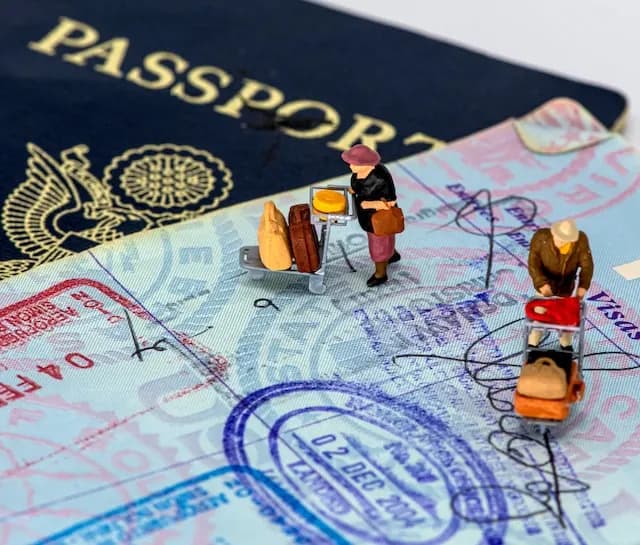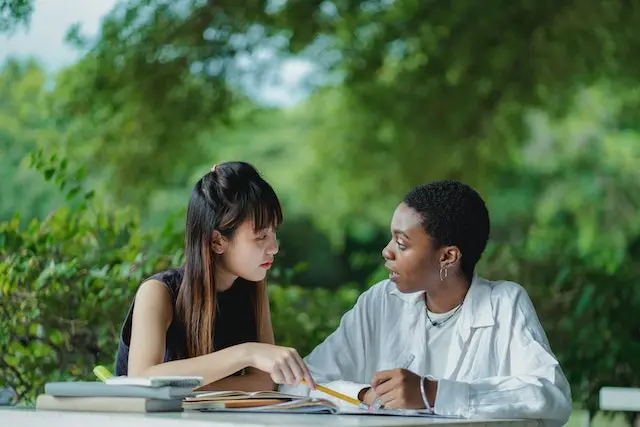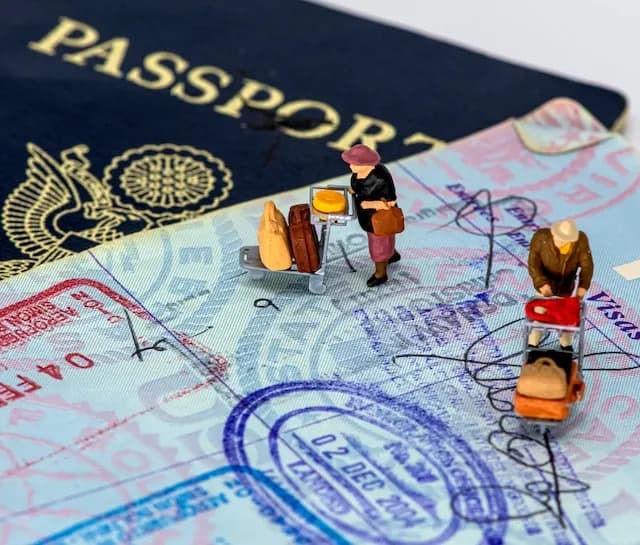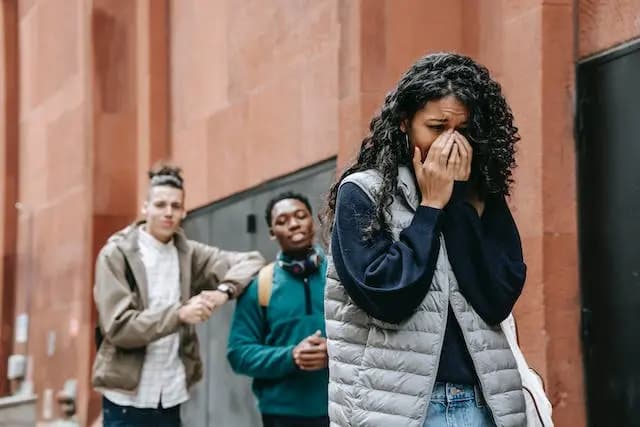Top 7 Tips to Book USA Visa Interview Slots Faster in Nepal

Key Highlights
- Regularly check interview dates to secure an open slot.
- Join Facebook, Reddit, WhatsApp, Telegram groups for real-time updates.
- Use multiple devices to increase chances of finding a slot.
- Check during off-peak hours for fewer competitors.
- Consider hiring an agent for faster booking.
- Use expedited appointment services if on a tight schedule.
Booking a US visa interview slot in Nepal can feel like trying to win a game of musical chairs, especially with the high demand for certain visa categories. The process can feel overwhelming, and the slots tend to fill up quickly, making it challenging for applicants to secure an appointment. The most difficult interview dates to secure are for F1 and F2 visas, B1 and B2 visas, J1 and J2 visas, and M1 and M2 visas. Here’s a quick overview:
• F1 and F2 Visas: These are for students and their dependents. Given the influx of Nepali students aspiring to study in the US, these slots fill up quickly.
• B1 and B2 Visas: These cover business and tourism. With many Nepali travelers and businesspeople eager to visit the US, securing a spot can be tough.
• J1 and J2 Visas: For exchange visitors and their dependents. These are also in high demand due to various cultural and educational exchange programs.
• M1 and M2 Visas: These are for vocational students and their dependents. While not as common as F1, there’s still significant competition for slots.
Now that we understand the categories, let’s dive into the top tips to book US visa interview slots faster.
1. Self-Checking Interview Dates Regularly
Regularly checking for available interview dates is crucial. The US embassy in Nepal updates the available slots frequently, and they can fill up within minutes. By checking multiple times a day, you increase your chances of finding an open slot.
Example: For F1 visa applicants, a student named Sita checked the embassy website every morning and evening. Her diligence paid off when she found an available slot early one morning, which she booked immediately.
2. Joining Facebook or Reddit Communities for Visa Appointments
Online communities on platforms like Facebook and Reddit can be invaluable. These groups are full of people in the same boat, and members often share tips, updates, and alerts about open slots. It’s like having a team of people helping you look for openings.
Example: A Nepali family applying for F2 visas joined a Facebook group dedicated to US visa applicants. Through this group, they received a timely alert about newly available slots and were able to book their appointment.
3. Joining WhatsApp, Telegram, and Messenger Chat Rooms for Visa Date Slots
Joining chat rooms on WhatsApp, Telegram, and Messenger can provide real-time updates. These groups often have members who post instant notifications when they spot available slots, allowing you to act quickly.
Example: For an M1 visa applicant, Rajesh joined a Telegram group that focused on US visa appointments. One evening, he got an alert about an open slot and secured his appointment before it was taken.
4. Paying an Agent to Book the Slots
While it may involve additional costs, paying an agent can sometimes be the quickest way to secure an interview slot. Agents have experience and tools that can track and book slots more efficiently than individuals can.
Example: For B1/B2 visa applicants, a business traveler named Anil hired an agent. The agent was able to find and book an interview slot within a week, saving Anil time and stress.
Additional Tips to Book Visa Interview Slots Faster
5. Using Multiple Devices
Logging in from multiple devices can increase your chances of finding an open slot. Different devices can access the site simultaneously, giving you a better chance to catch a newly opened slot.
Example: For a B1/B2 visa applicant, Sarita and her husband both logged in from their phones and laptop. They were able to secure an appointment because one device showed an open slot before the others.
6. Checking During Off-Peak Hours
Checking for slots during off-peak hours, like late at night or early in the morning, can be beneficial as there is less traffic on the website.
Example: For a F1 and F2 visa applicant, Manish found an open slot at 2 AM when there were fewer people online, allowing him to book it without competition.
7. Utilizing Visa Expedited Appointments
Some services specialize in expediting visa appointments. These can be especially useful if you are on a tight schedule.
Example: For an J1 visa applicant, using an expediting service helped Lakshmi get an appointment within days, compared to weeks of waiting on her own.
Conclusion
Booking a US visa interview slot in Nepal can feel like trying to win a game of football, but with the right strategies, you can increase your chances of securing a slot. Regularly checking dates, joining online communities, utilizing chat rooms, and considering professional agents are all effective ways to stay ahead. Additionally, using multiple devices, checking during off-peak hours, and using expediting services can all help you book your slot faster.
Good luck with your visa application, and don’t forget to share your experiences and tips with fellow applicants!
What strategies have worked best for you in booking your US visa interview slot? Let us know in the comments below!
Have Questions About This Topic?
Join our community to get personalized advice and share experiences with others going through similar visa processes.




